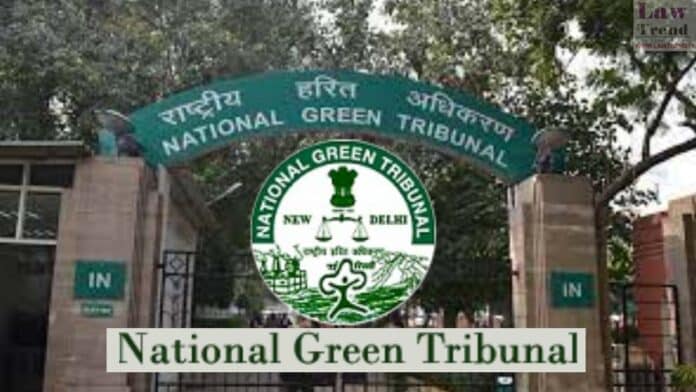The Central Ground Water Authority (CGWA) has reported a significant reduction in groundwater extraction in Delhi, from 127 percent in 2013 to 99 percent in 2023. This announcement came as part of a response to the National Green Tribunal (NGT), which had raised concerns following a United Nations study predicting severe groundwater shortages in parts of India by 2025.
The CGWA’s action-taken report, submitted on January 1, outlines various measures implemented in collaboration with the Union Ministry of Jal Shakti (MoJS) to combat groundwater depletion. These initiatives include promoting artificial recharge techniques, enhancing rainwater harvesting, advocating sustainable agricultural practices, and encouraging community participation.
This comprehensive approach has not only impacted Delhi but has also seen significant progress nationwide, with the overall groundwater extraction in India decreasing from 62.7 percent in 2013 to 59 percent in 2023. Additionally, groundwater recharge from various sources across the country rose from 146.42 billion cubic meters (BCM) in 2013 to 170.4 BCM in 2023.
The report also highlights environmental compensation collected from entities engaged in illegal groundwater extraction, totaling approximately Rs 41.74 crore from 2013 to November 2024. Furthermore, the CGWA has been actively involved in constructing arsenic-safe and fluoride-free wells in states affected by groundwater contamination, including West Bengal, Bihar, Uttar Pradesh, and Rajasthan.
Despite these positive developments, the CGWA admits that extraction rates remain above safe norms in some regions. The authority remains hopeful that ongoing and future efforts will continue to restore and possibly enhance groundwater levels across the country.
Water table levels have shown remarkable improvement in several states, with increases reported as 74 percent in Kerala, 72 percent in Tamil Nadu, 61 percent in Gujarat, and 59 percent in West Bengal. Chhattisgarh, Odisha, and Uttar Pradesh have also observed a 50 percent rise in water table levels.
To maintain and improve the monitoring of this critical resource, the Central Ground Water Board conducts quarterly assessments of groundwater levels through a network of nearly 27,000 monitoring wells nationwide. These efforts are in conjunction with dynamic groundwater resource assessments carried out jointly with state and union territory governments.




